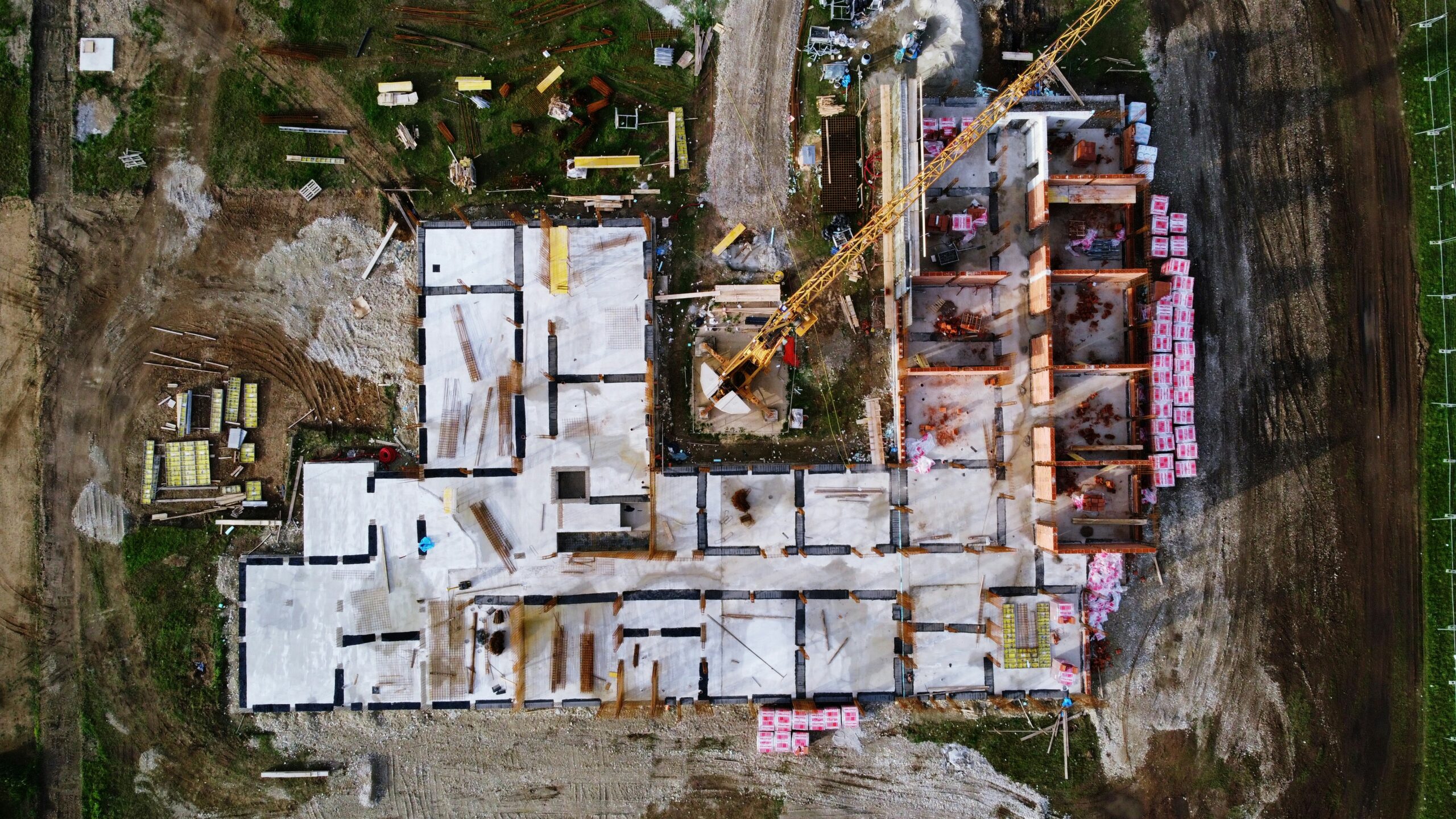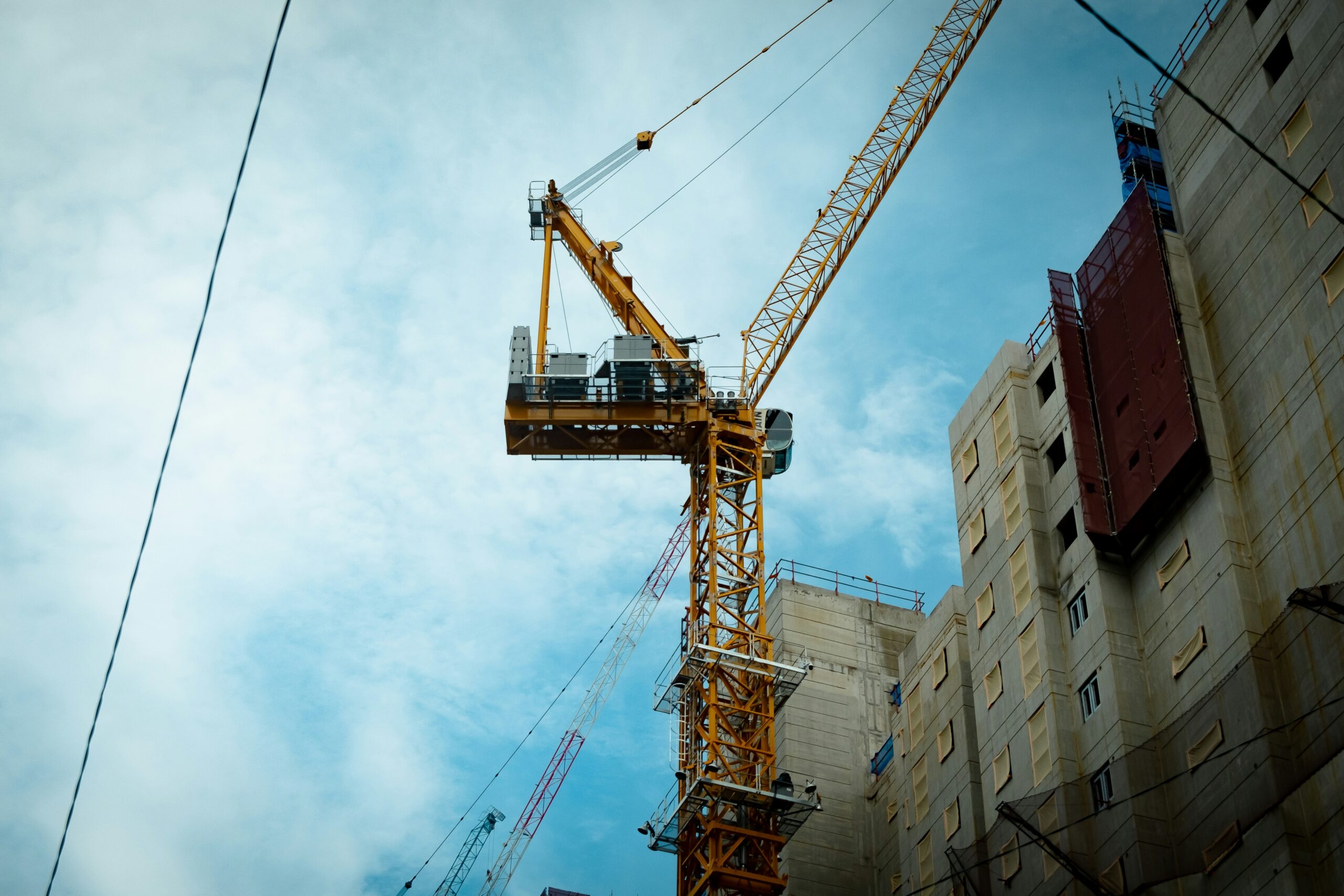The construction industry is undergoing a significant transformation as it moves toward electrifying construction sites and adopting sustainable practices. The push for cleaner energy solutions has led to the rise of Battery Energy Storage Systems (BESS), which are at the forefront of this transition. By enabling the full electrification of construction operations, BESS eliminates the need for traditional fossil-fuel-powered machinery and generators. This shift offers a reliable and eco-friendly power supply, aligning with the growing global demand for sustainable energy solutions.
Why Electrification Matters in Construction
Electrification involves replacing conventional diesel-powered machinery and equipment with electric alternatives powered by battery storage systems. This change reduces the environmental impact of construction projects and supports the industry’s broader sustainability goals. With BESS, the construction sector can move away from fuel-based energy sources and take significant steps toward zero-emissions operations.
Electrification offers multiple benefits, including:
Environmental Impact Reduction
Transitioning to electric-powered machinery decreases the amount of greenhouse gas emissions and air pollutants generated by construction activities. This aligns with global climate action efforts and helps companies meet stringent environmental regulations.
Energy Security
On-site energy storage with BESS ensures a reliable power supply even when grid access is limited or when intermittent renewable energy sources, such as solar or wind, are used.

Key Benefits of Electrification with BESS
The integration of BESS with electric equipment on construction sites brings numerous advantages that improve both operational efficiency and sustainability:
Reduced Carbon Emissions
Electrifying construction sites with BESS results in significant reductions in carbon dioxide and other harmful emissions. Diesel-powered machinery contributes substantially to air pollution and climate change, emitting large amounts of greenhouse gases. By switching to electric equipment powered by BESS, construction companies can dramatically reduce their carbon footprint, making it easier to achieve emissions targets and comply with regulations. Additionally, the use of BESS ensures that energy is used efficiently, further lowering overall energy consumption and emissions.
Improved Efficiency
Electric machinery tends to operate more efficiently than traditional fuel-powered equipment. With fewer moving parts, electric machines require less maintenance and experience fewer breakdowns, which enhances uptime and reduces maintenance costs. The energy storage capabilities of BESS also optimize energy use on-site by storing excess power and supplying it as needed, ensuring that equipment runs smoothly and energy is not wasted. This improved efficiency translates into cost savings and more streamlined project timelines.
Scalability and Flexibility
BESS technology offers scalable power solutions that can be tailored to meet the energy requirements of any construction site, regardless of the project’s size or scope. This flexibility is crucial for managing the varying energy demands of different project phases, from initial groundwork to finishing stages. Whether for small residential builds or large-scale infrastructure developments, BESS can be customized to provide the appropriate amount of energy, ensuring seamless power management and efficient operations across all project types.
Reduced Noise Pollution
Electric equipment operates much more quietly than diesel-powered machinery, producing less noise and vibrations. This noise reduction is particularly beneficial for construction sites located in urban or residential areas where strict noise regulations may apply. By adopting electric machinery powered by BESS, construction companies can minimize noise pollution, resulting in fewer disturbances to surrounding communities and a more pleasant working environment for personnel.
Enhanced Safety on Construction Sites
The use of electric machinery powered by BESS eliminates the risks associated with handling and storing diesel fuel, such as spills, leaks, and fires. By reducing the presence of combustible fuels on-site, the potential for accidents decreases significantly. Moreover, electric equipment produces no exhaust emissions, creating a healthier work environment for employees by improving air quality on construction sites. This enhanced safety contributes to a better overall work experience and fewer health risks for construction workers.

Electrification and the Path to Sustainable Construction
The adoption of BESS for construction site electrification supports a broader trend towards sustainable and responsible building practices. As the construction industry seeks to minimize its environmental impact, electrification presents a viable pathway to achieving substantial progress in reducing carbon emissions and improving energy efficiency. Several factors are driving the push toward electrification:
Stricter Emissions Regulations
Governments and regulatory bodies are increasingly imposing limits on the emissions produced by construction activities. Electrifying machinery helps construction companies stay compliant with these evolving regulations, avoiding penalties and demonstrating a commitment to sustainable practices.
Rising Fuel Costs
The fluctuating cost of diesel fuel can make it challenging to manage operational budgets. Electrification with BESS provides a more predictable energy cost structure, as electricity and renewable energy are often less expensive and subject to fewer price fluctuations than fossil fuels.
Incentives for Green Practices
Many governments offer incentives or tax breaks for companies that adopt eco-friendly technologies. By integrating BESS and electric equipment, construction companies can take advantage of these financial benefits while also enhancing their sustainability profile.
Future Outlook: BESS and Electrification Leading the Way
The electrification of construction sites is not just a trend—it is a fundamental shift towards a cleaner, more sustainable future for the construction industry. Battery Energy Storage Systems will continue to play a pivotal role in enabling this transition, making it possible for construction companies to reduce their reliance on fossil fuels, meet regulatory requirements, and operate more efficiently. As electric machinery and BESS technologies evolve, their cost-effectiveness and capabilities will continue to improve, further accelerating the move towards a fully electrified construction industry.
The shift towards electrification and the adoption of BESS is revolutionizing construction site power management, offering numerous benefits in terms of efficiency, cost savings, and environmental impact. By integrating these technologies, construction companies can enhance safety, reduce noise and emissions, and contribute to global sustainability efforts.



